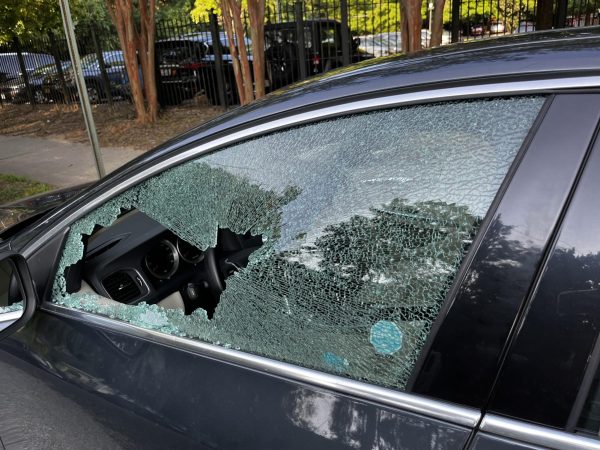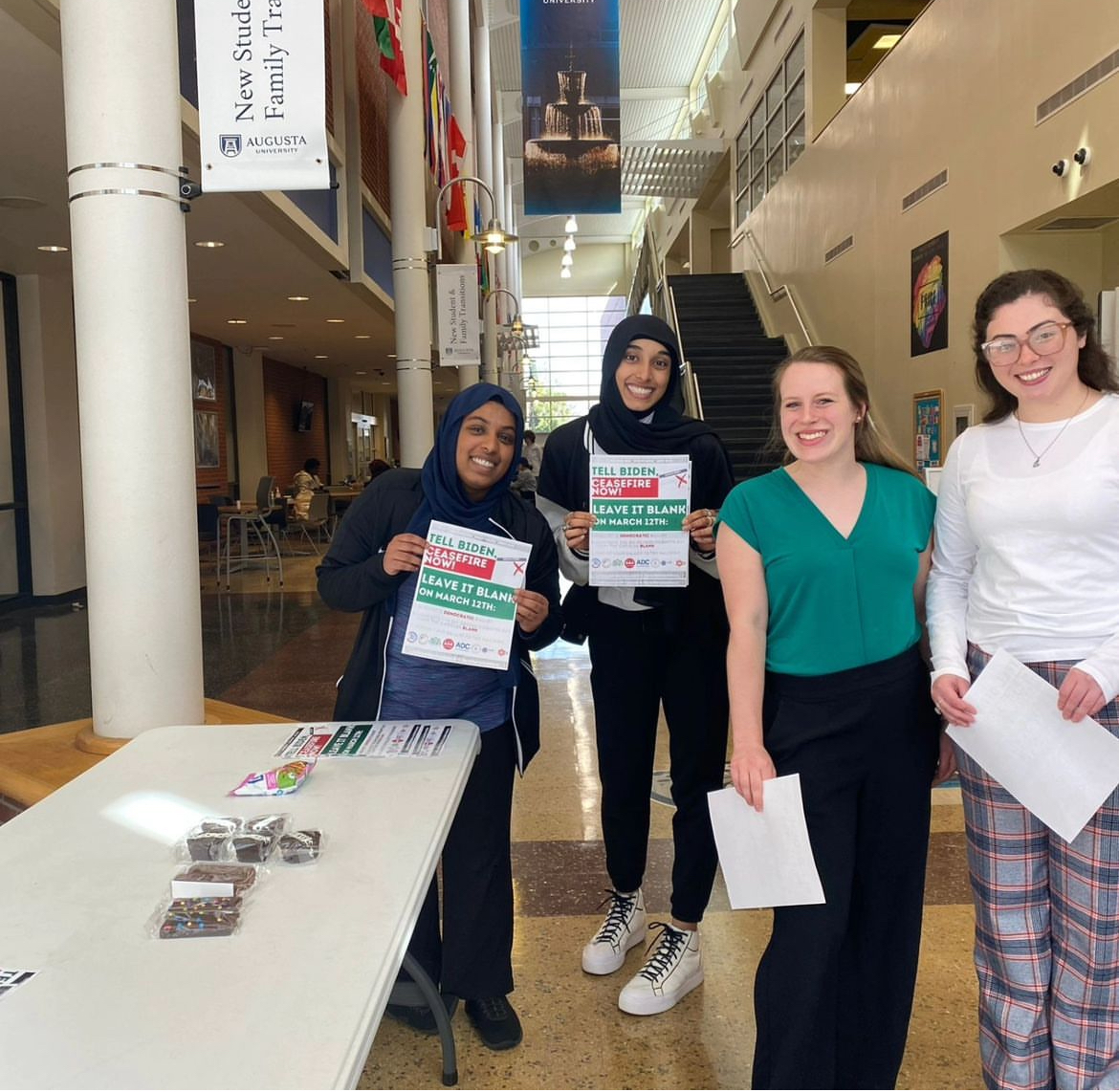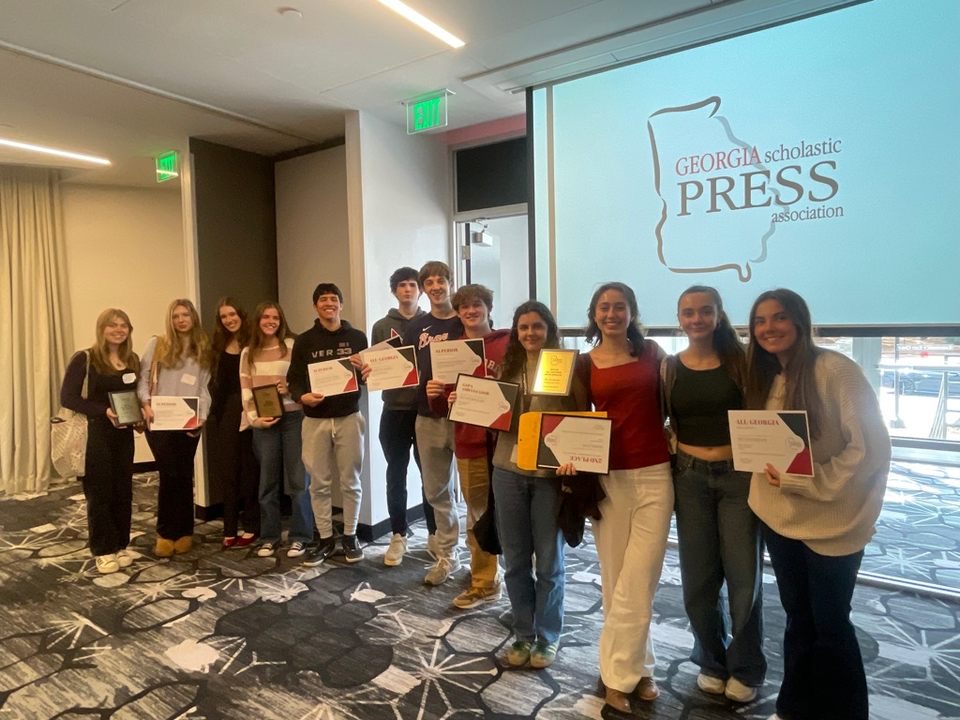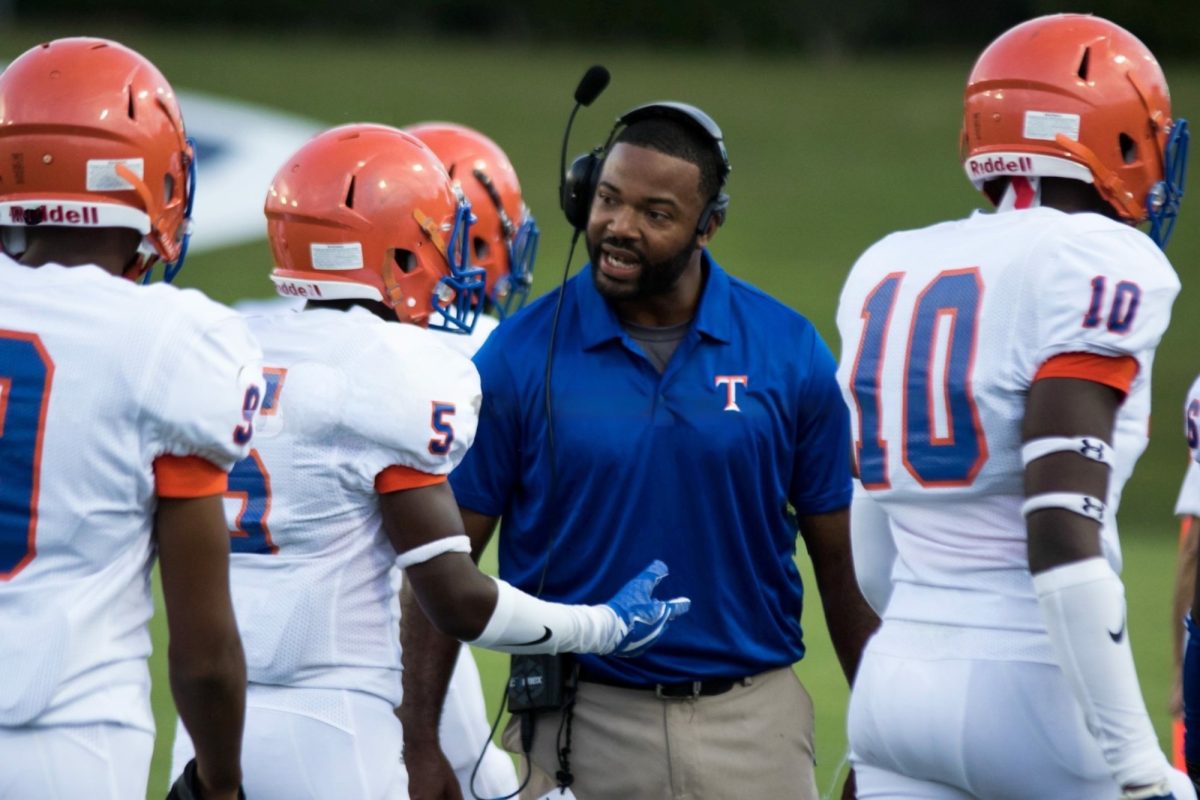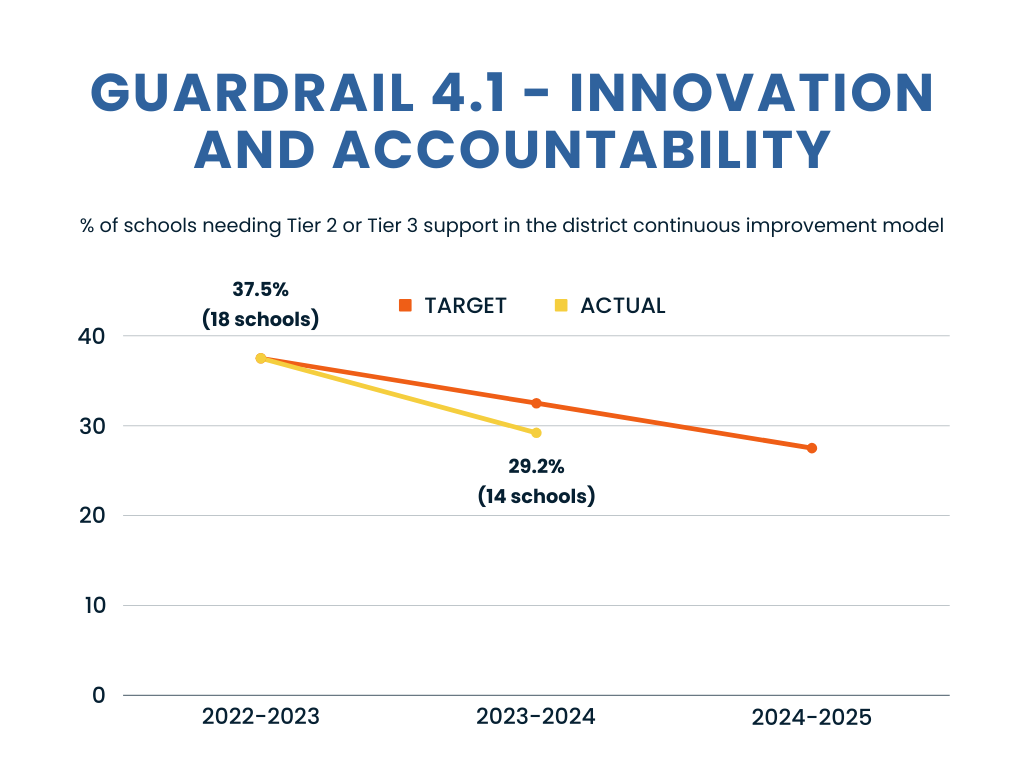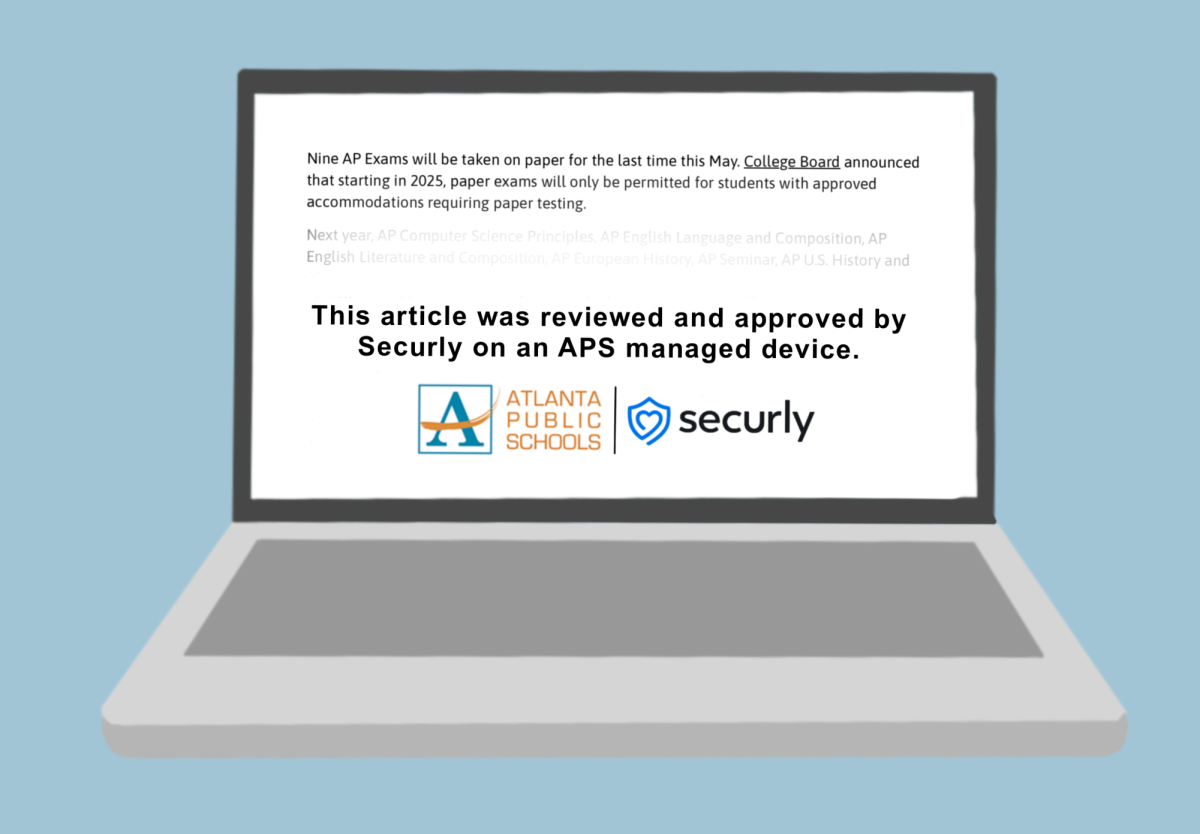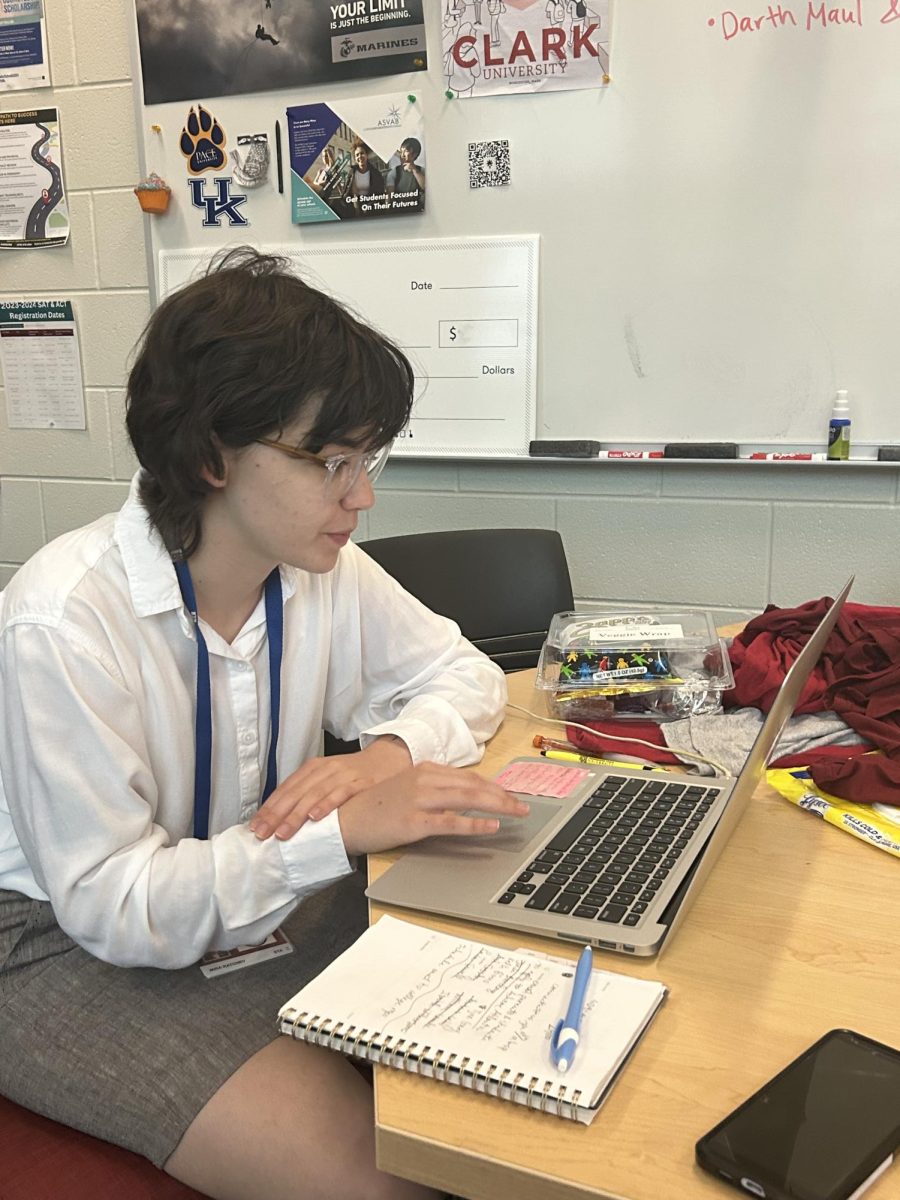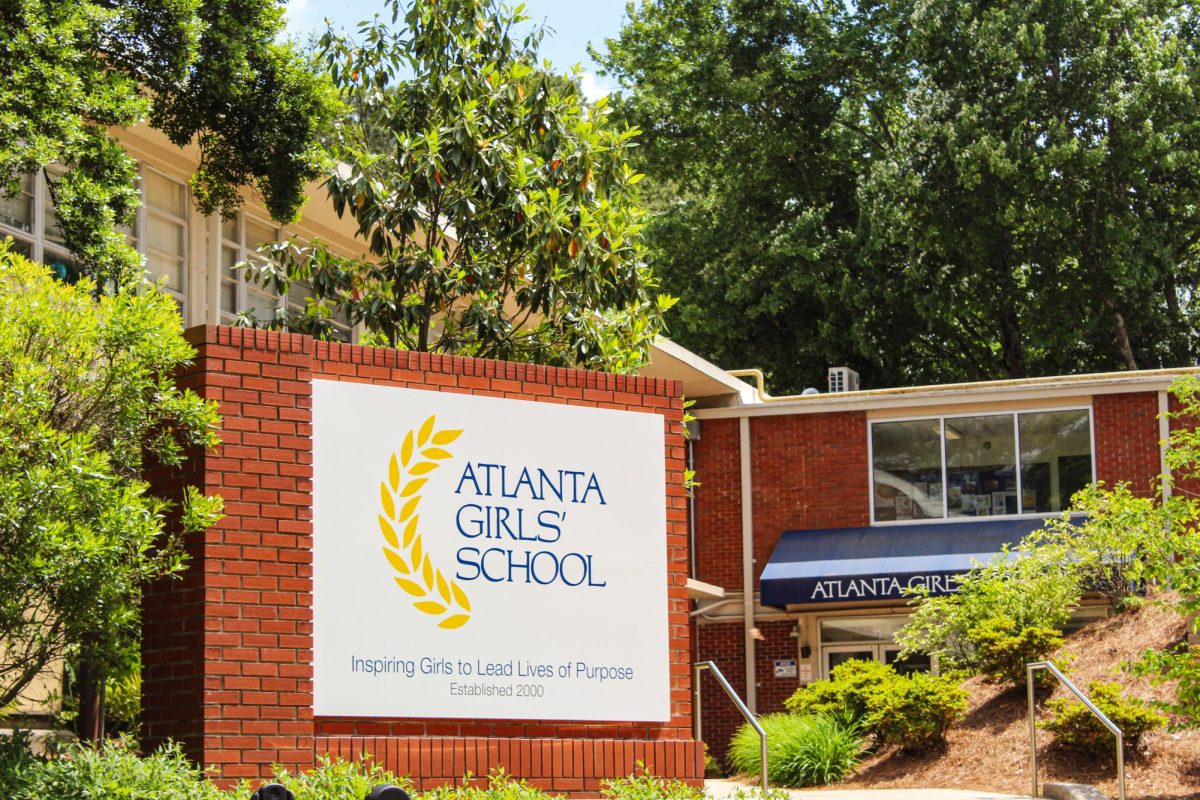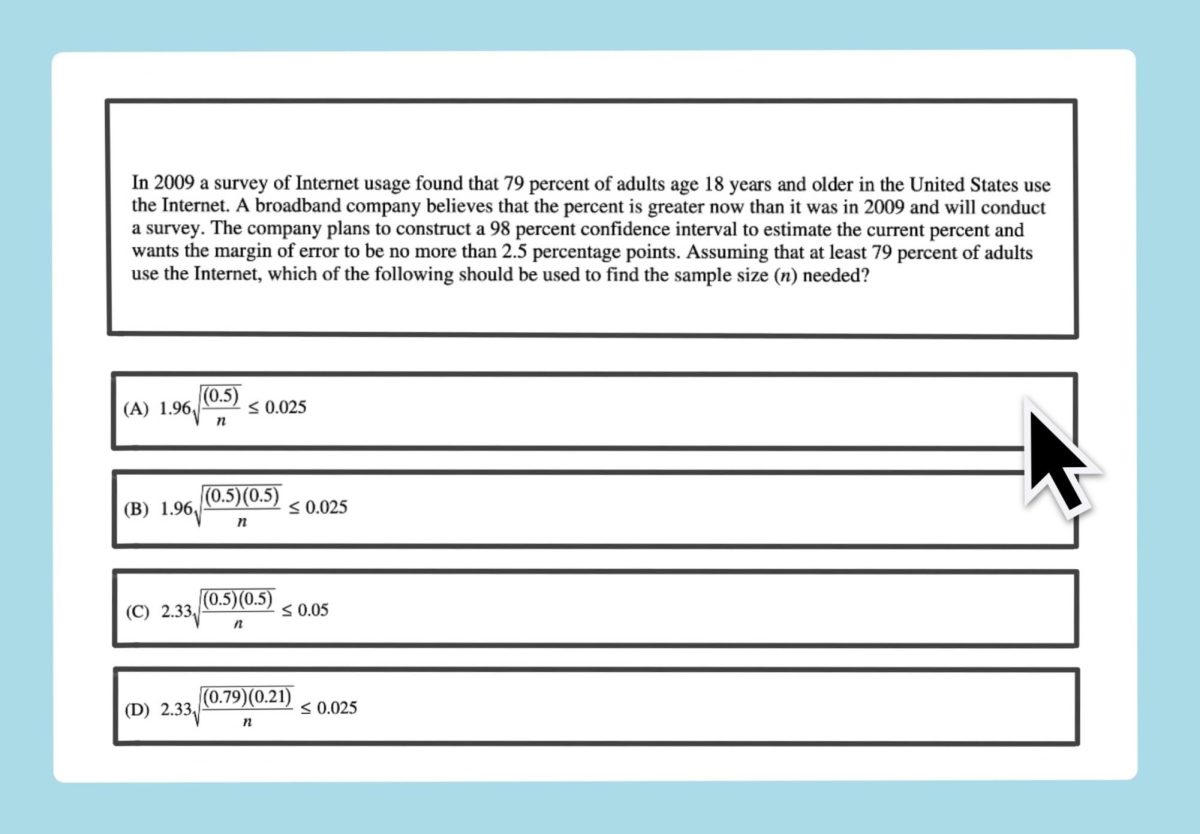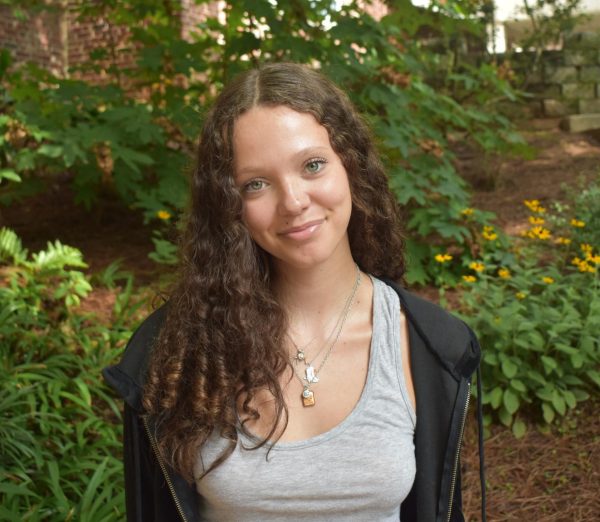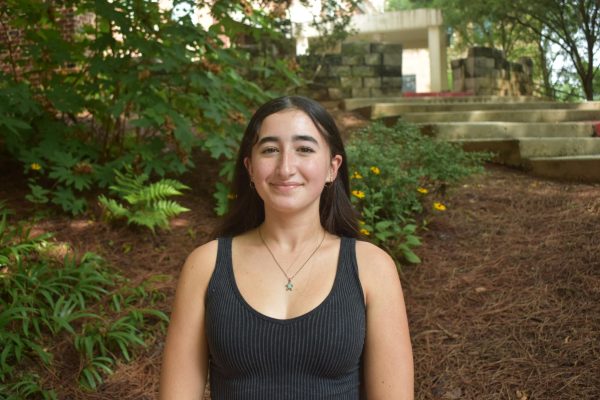Midtown will have a new parking policy for the 2024-2025 school year, requiring seniors and juniors to pay for an allotted parking space, leaving sophomores who drive to find parking on side streets.
“Due to the increased enrollment, which means more student drivers and more staff, we have a new student parking policy for next school year,” Midtown Principal Dr. Bockman released in a statement on March 18. “Reserved student parking will be for seniors and juniors only. We have a finite number of parking spots, and they will be assigned for next year. Faculty and students will have specific spots.”
In addition to the new parking policy, the administration is looking to create a few more parking spots where they can.
“I don’t always like the senior thing first, but I get it, that’s the easiest way,” Bockman said. “Seniors get first choice, and so to make more spots we’re paving the area of gravel in the stadium, and there’ll be probably 10 spots there. There’s an area that we’re paving in the faculty lot that will give us some spots there, and that should give us some more spots.”
Because the student population has increased from 1223 in 2023 to 1639 in 2024, this policy aims to manage the larger number of students driving.
“I think it’s needed,” Athletic Director Blair Barksdale said. “We just don’t have any parking as we grow; it’s getting tighter and tighter. We have students parking in the street. So, if we monitor it right, we can make sure each student that legitimately drives has a spot.”
The school detailed the requirements students would need to have in order to be an eligible candidate for a reserved parking space.
“The cost is $75.00,” Bockman said. “We will start with seniors and then move to the junior class with remaining open spots. Students must be in good standing to participate i.e., attendance and behavior. Spots may not be shared or split in any way. Students will have a decal sticker with their assigned parking number and lot.”
While the new parking policy may be needed, some rising juniors, who are not guaranteed a spot, are concerned about the parking situation.
“I am a rising junior so it does worry me a little bit as I know that there will be a time when I’m late to school and I’ll know I won’t be able to find a spot,” Sophomore Nina Giordano said. “I don’t want to have to drive around the school to find a parking spot so I won’t be late, but it will most likely happen at least once.”
Additionally, the required fee for a guaranteed spot for students is raising concerns.
“I do wonder about students who can’t afford the fee,” English teacher Mario Herrera said. “I think there needs to be either a waiver or a fund for those who can’t afford it. Conversely, having a car means additional responsibility and potential privileges. This is not going to be popular to say, but driving to school, for many of our students, is a choice. I believe, though, that the distribution of spaces needs to be equitable, including the ability to pay.”
The reason for the charge stems from the need to give funds later on to various events, and school security and maintenance for parking.
“The charge is minimal, and the reason why is because there are some events we have where we need, guards, not police, but guards to help with parking, we’ll need to pay someone to keep up with the maintenance of the numbers and things like that, and then who watches it, because what happens, and it will happen, that somebody parks in somebody’s spot,” Bockman said.
A potential benefit for students paying for a spot is the potential ability to make it more personalized.
“We’re also considering doing something for students to be able to decorate their spots, and make it their own,” Bockman said. “This isn’t official, but there is definitely the possibility of exploring something for students to personalize their spots.”
Despite the surprise announcement concerning the new policy, it is not uncommon for schools to force students to pay for parking and assigned spots.
“I think making reserved spots available to seniors and juniors is fair,” Midtown parent Jennifer Richman said. “Lovett, for example, doesn’t allow sophomores to drive to school. If the school has limited parking, then it seems like having reserved spaces makes sense. However, I do think there are some points that need clarification.”
Herrera emphasizes the challenges of limited parking at Midtown.
“I think this problem already exists,” Herrera said. “The ultimate issue is that we have a few hundred parking spaces for a student population of nearly 1,700. No policy can fix that issue, other than spending tens of millions to create a parking structure, which would cause its own problems.”
The increase in school population has also contributed to problems with staff parking.
“So the first thing was the growing enrollment, and then seeing this year, the teachers are all over the place,” Bockman said. “They’re all on the curbs, they’re all everywhere.”
Barksdale believes an earlier dismissal will alleviate any potential pressures the new policy could have on athletics.
“No, I don’t think it will affect athletics because we’re also getting out 15 minutes earlier next year, so I think that where some practices started for that 15-minute window, now you have that 30-minute window,” Barksdale said. “I think once the student body leaves if somebody is parked elsewhere, they can move their car, and then after school, students could move cars to park wherever.”
Even with the potential drawbacks that come with the new policy, some believe it is Midtown’s only option.
“The cost of putting in more parking spaces, such as a parking deck, was prohibitive and would have changed traffic patterns,” Herrera said. “I don’t think we can compare the North Atlanta campus to ours, which has a large parking deck. North Atlanta is a repurposed business building that has a lot of land. We do not have that type of land. While a parking structure sounds great, it would be a heavy ask.”
The cost of parking has raised concerns, but despite these, others see the policy’s potential benefits.
“I know, [the cost of the parking space] will be used for a good,” Barksdale said. “I’m not privy to what [the money] is going to be used on, but in my previous schools that I’ve worked at, we’ve always had students pay. I think that’s pretty common practice across the state.”
Some students are excited about the potential positives the new policy can bring.
“I think the new parking policy will bring less tardiness, or excuses for tardiness since people have a spot they know won’t get taken and they won’t have to drive around and find a parking spot,” Giordano said. “Another positive is that there will be more money for future school renovations, I don’t know exactly where the money is going but I’m sure it’s going straight back into the school.”
Like many students, junior Tyler Austin is looking forward to seeing what the policy will bring to the school.
“The new parking policy is going to be very different,” Austin said. “I’m interested in seeing how it will turn out and what the opinion of my peers will be.”






